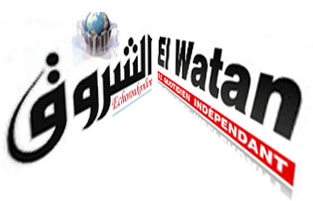CENTRAL BANK
Sugar, the cacao, the tobacco and the cloth, changed in the Maranho, century XVII, due to almost inexistence of money, being commercialized under the hank form, hanks and fabrics. With passing of the time, the merchandises if had become inconveniences the commercial transactions, due to oscillation of its value, for the fact not to be fraccionveis and for being easily perishable, not allowing the accumulation of wealth. (MONEY IN BRAZIL). 2.2 The use of the money (consuming and selling) When the man discovered the metal, then started to use it to manufacture its utensils and weapons previously made of rock. For presenting advantages as the possibility of entesouramento, divisibility, rarity, easiness of transport and beauty, the metal if chose as main standard of value. He was changed under the forms most diverse. The principle, in its natural state, later under the form of bars and, still, under the object form, as rings, bracelets etc.
The commercialized metal of this form demanded gauging of weight and evaluation of its degree of pureness to each exchange. Later, it gained form definite determined weight, receiving mark indicative from value, that also pointed the responsible one for its emission. This measure sped the transactions, excusing the pesagem and allowing the immediate identification of the amount of metal offered for exchange. (BRAZILIAN CENTRAL BANK). The metal utensils had started to be merchandises very appreciated. As its production demanded, beyond the domain of the casting techniques, the knowledge of the places where the metal could be found, this task, of course, was not to the reach of all. The valuation, each bigger time, of these instruments led to its use as currency and the appearance of metallic object rejoinders, in small dimensions, that circulated as money. It is the case of the currencies knife and key that were found in the East and of the talent, copper currency or bronze, with the format of animal skin, that circulated in Greece and Cyprus.
